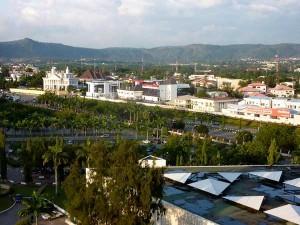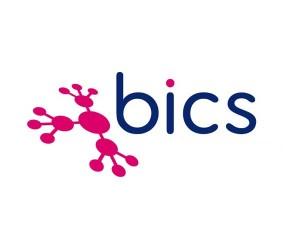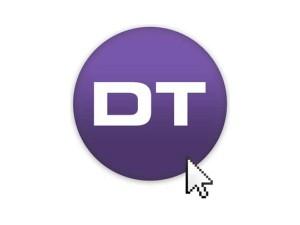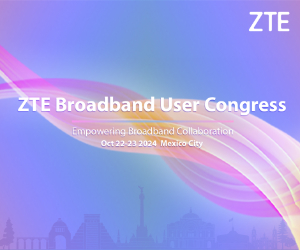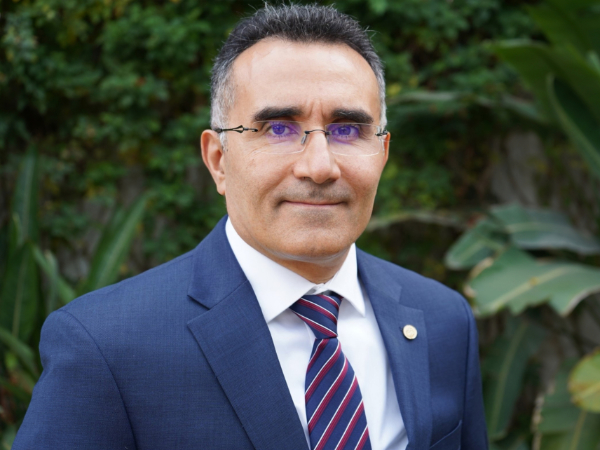The impact of fraud can be devastating for operators in emerging markets who are working with extremely low ARPU.
Wholesale carrier services provider BICS has been providing fraud prevention measures in these regions for years, and we sat down with the firm’s CEO Daniel Kurgan to discuss the fraud prevention strategies available to emerging market operators.
What are the services BICS offers in operators in emerging markets?
BICS starts with transport and connectivity, carrying voice, messaging and signalling for roaming for telcos, enabling international telecommunications with a wholesale termination service, which is still our core business that we are deriving the bulk of our revenue from. Our main services in the transport layer cover voice termination, messaging termination, signalling for roaming, IP, and enabling 4G and soon 5G roaming.
The next layer includes a set of value added services that we deliver to our customers that want more value for money. This is where we are using the information passing through our network to deliver intelligent services in the areas of analytics, fraud detection and remediation, advanced reporting tools, traffic stimulation, steering of roaming and so forth.
Considering that over 50% of international telecommunications traffic is roaming and that we estimate that 25% of worldwide roaming traffic passes through our network; this gives BICS access to a lot of information. BICS enables 2G, 3G and 4G roaming with our signalling network for more than 300 operators. It’s a very critical service that everybody needs, because without our service you cannot use your phone when you are travelling.
Which are the most widely used value added services?
We have our Smart Monitoring Roaming tool which gives our customers a 360 view in of their roaming business. This tool enables operator CTOs, CFOs or CMOs to know in real time exactly how many roamers they have, whether they are inbound or outbound, which network they are using, where they are located, what they are doing - for example how many have switched off their data - or any technical issues your network is facing. Operators can use this key data for technical trouble shooting and monitoring, and also for the commercial management of your roaming. This is a huge, in house, big data tool that we’ve built with the data we have.
Our most rapidly growing service, however, is fraud prevention. BICS now delivers voice termination services to more than 1,000 telco customers, which places us in a very strong position to provide cloud based fraud prevention. When we detect a fraud pattern somewhere, we can inform all our customers for that service and block it. By doing this we prevent the fraud attempt from reaching their network which means the customers avoid fraud losses.
How important is fraud prevention in emerging markets now?
Fraud avoidance is a very hot topic today in telecoms. Globally, telecom fraud is currently estimated to be costing almost US$30 billion every year. US$17 billion of this is international related, so global carriers are particularly concerned and focused on this topic. International and roaming traffic is where the major fraud and hacking risk now occurs with at least 70% of all fraud in these areas.
Our cloud based fraud detection service is particularly successful in emerging parts of the world. This is because in many emerging markets operators are less equipped than for example operators in Europe, which are part of bigger groups or have their own systems that are more developed. It is therefore a question of priorities and investment capabilities for operators.
How is the field of telecom fraud changing?
The first big attacks and hacking attempts took place in Europe and operators took actions to mitigate that. Now we see more and more fraud occurs in emerging markets where operators are less equipped and have less experience in dealing with attacks.
Two years ago most operators were unwilling to discuss fraud and did not want to admit publically that they had fraud on their networks. It was easier to do this then because their revenues were increasing and there was not so much pressure on them. Now operators in emerging markets understand they need to tackle fraud because they are now losing so much money to it. As a result operators are willing to be more open about fraud.
What are the major exploits in fraud?
The most common exploits are PBX hacking, call transfer, Wangiri (where a fraudster dials a number but cuts the call off before it is answered to trick the consumer into calling back a premium rate number) and International Revenue Sharing Fraud (IRSF). In fact the exploits have not changed much over the past few years.
The key development is that fraud and hacking has now become international which make it much more difficult to detect. Typically this means the fraud originates in a low cost country or region, Africa for example, and ends in a country with high termination charges such as the UK, which is one of the markets that generates a lot of fraud in the telecoms space.
Frauds are often timed to take place over weekends and holiday periods when networks are less likely to be monitored and companies are closed, so that by the time the hacking or fraud is discovered a huge bill has already been run up. By working internationally, this issue is made much more complex due to time differences and the difficulty of getting international legal agreements to track fraudsters down and prosecute them.
What are the key challenges in fraud?
Our network enables us to see fraud in real time plus we have a huge database of numbers known to be fraudulent which is continuously updated. Our systems are designed to detect when there are anomalies such as spikes in traffic, and by using traffic pattern analysis and other data we can identify if the traffic is genuine or fraudulent and to stop it if it is the latter.
The challenge is that some operators are slow to take action because they do not want to risk alienating genuine customers. Moreover, even when an operator does want to block a certain traffic stream they may need the agreement of their customer first.
Trust is an essential element in successfully combating fraud. Customers need understand that we have the tools to detect fraud accurately and can authorise us to block traffic without us having to ask them on each occasion we detect a potential fraud.
Evidence is key. We enforce fraud provision closest with our own providers. If something goes via them that is obviously fraud, we reserve the right not to pay, even if it’s not deliberate. The key thing is to have the evidence so we can prove traffic is fraudulent. Our system does offer this but often an originating network does not and therefore needs to authenticate the fraud with it with an independent authority such as the police. That’s why it’s better if we can identify patterns.







